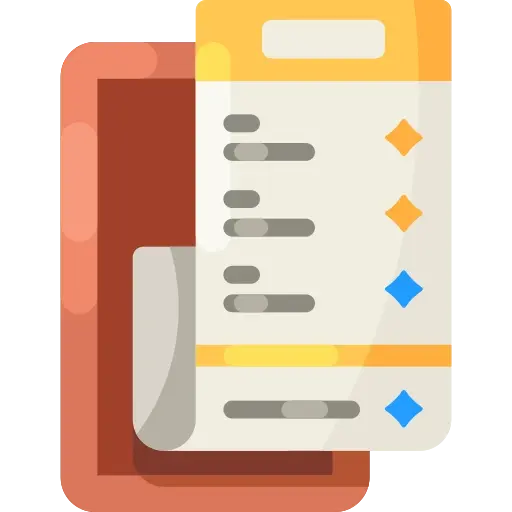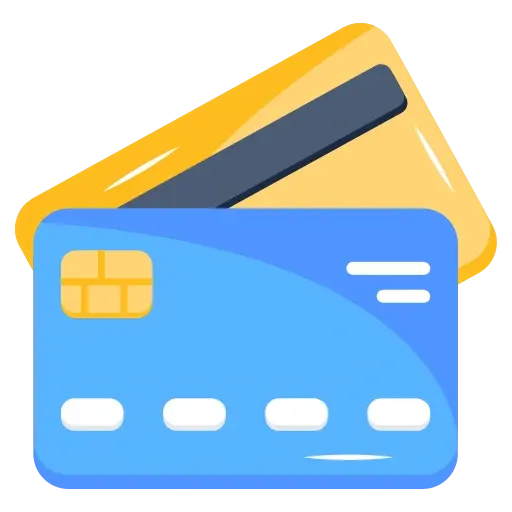Credit Score Checker
Get One Time Report
With RetailPe, a good credit score can help you unlock lower interest rates and higher credit limits on your loans.
One Time Report
30 Days
₹49
₹1,199
Your CIBIL Score

With RetailPe, a good credit score can help you unlock lower interest rates and higher credit limits on your loans.
30 Days
₹1,199

Timely payments show lenders that you're a responsible borrower. Even one missed or late payment can negatively impact your credit score.

Avoid applying for too many credit cards or loans at once. Too many active accounts or frequent credit inquiries can lower your score.

Keep your credit card usage below 30% of your total limit. Low utilisation indicates good credit management and boosts your credit health.

Review your credit report often to track your progress and understand factors affecting your score. It also helps you spot any unusual activity early.

Ensure all details on your credit report are accurate. Report and correct any errors immediately to maintain a healthy credit profile.

| Credit Score Levels | Category | What does the score mean? |
|---|---|---|
| No History | No Credit History | Establish a credit record by getting your first loan or credit card. |
| 300-650 | Poor | Difficulty in timely payments can lead to higher interest rates. |
| 651-750 | Fair | High default risk results in low approval chances and higher rates. |
| 751-850 | Good | Improved credit score increases loan approvals and negotiation power. |
| 850 and above | Excellent | Strong credit history brings better approval rates, lower interest, and exclusive benefits. |